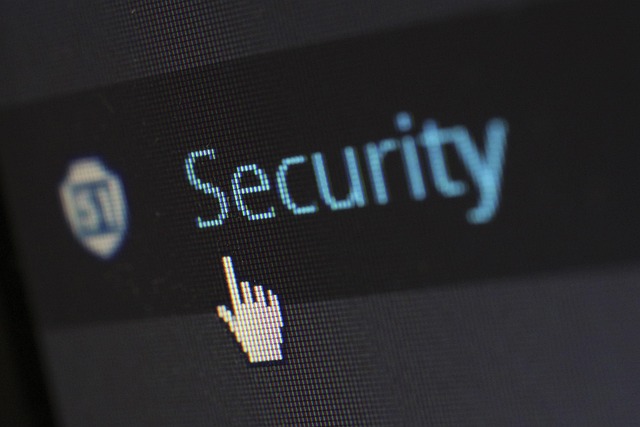
The Essential Guide to Antivirus Protection in IT Hardware: Keeping Your Information Technology Safe
The Essential Guide to Antivirus Protection in IT Hardware: Keeping Your Information Technology Safe
In our digital age, the importance of antivirus software cannot be overstated. As we become increasingly reliant on informational technology for personal and professional tasks, ensuring the safety and security of our IT hardware is paramount. This guide aims to provide a comprehensive understanding of antivirus protection and why it is essential for your devices.
Understanding Antivirus Solutions
At its core, antivirus software is designed to detect, prevent, and remove malicious software, commonly referred to as malware. This can include viruses, worms, Trojans, ransomware, and spyware, all of which pose significant threats to your IT systems. With cyberattacks becoming more sophisticated, having a reliable antivirus solution helps safeguard your critical information and ensures the integrity of your hardware.
The Impact of Malware on IT Hardware
The effects of a malware infection on IT hardware can be disastrous. Not only can malware corrupt or delete important files, but it can also exploit hardware vulnerabilities, leading to costly repairs or replacements. Businesses can suffer severe consequences, including lost productivity, damaged reputation, and financial loss when sensitive data is compromised. Understanding these risks highlights the need for robust antivirus protection as a first line of defense.
Choosing the Right Antivirus for Your IT Needs
Not all antivirus solutions are created equal. When selecting an antivirus program for your IT hardware, consider the following factors:
- Compatibility: Ensure that the antivirus software is compatible with your operating system and hardware specifications.
- Real-time Protection: Look for solutions that offer real-time scanning capabilities to detect threats as they arise.
- Regular Updates: Your antivirus software should frequently update its virus definition database to stay ahead of the latest threats.
- User Reviews: Research user experiences to gauge the efficiency and effectiveness of different antivirus programs.
Best Practices for Antivirus Protection
Having antivirus software is just one piece of the puzzle in maintaining the security of your IT hardware. Here are some best practices to enhance your protection:
- Regular Scans: Schedule routine scans to identify any potential threats that may have slipped through.
- Back Up Data: Regularly back up important files to secure storage options, ensuring that you can recover data if needed.
- Educate Yourself: Stay informed about common scams and phishing tactics to reduce the likelihood of falling victim to cyber threats.
- Firewall Integration: Use a firewall in conjunction with your antivirus software for added protection against unauthorized access.
Staying Informed in a Rapidly Evolving Landscape
The field of informational technology is constantly evolving. Cybercriminals are always developing new techniques to bypass security measures, making it essential to stay informed about the latest cybersecurity trends. Follow reputable sources and news outlets dedicated to IT security to keep abreast of new threats and solutions.
Ultimately, the goal of employing proper antivirus protection is to create a secure computing environment. By prioritizing the safety of your IT hardware and implementing best practices, you can significantly reduce risks and ensure that your technology continues to run smoothly and securely.



